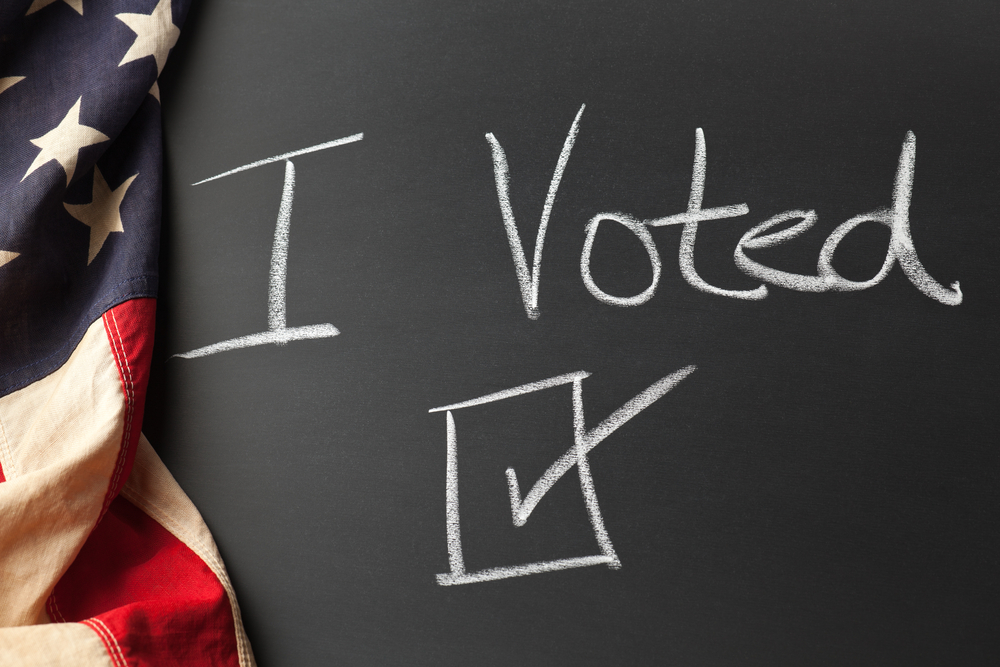
It’s almost one week until the Massachusetts general election. And while we’re currently experiencing a big push from the gubernatorial candidates to solidify your much-needed vote for them to succeed Governor Deval Patrick on Beacon Hill, as well as from those vying to replace incumbent members of congress, there are also other major implications come November 4. To help spare you a surefire Google search, here area few things you ought to know about the 2014 Massachusetts ballot questions.
Admittedly, ballot questions aren’t the sexiest aspect of the election. Sure, the 2012 bid to allow for medical marijuana was groundbreaking for liberal Massachusetts. Come 2016, there may even be the possibility of lifting the prohibition on recreational marijuana. But let’s not get ahead of ourselves.
This year’s ballot questions pertain to taxes, limitations on casino gambling and earned sick time for employees.
Question 1: Eliminating the Gas Tax Indexing.
This is important for those of you with cars and who frequently put them on the road. Currently, the tax sits at $.24 and is tied to the Consumer Price Index, which means it’s tied to, and fluctuates with, the rate of inflation. Voting ‘yes’ on Question 1 would eliminate the fact that the tax is adjusted annually as per the CPI. It would also prohibit the gas tax from being adjusted below 21.5 cents per gallon.
Voting no, of course, would leave the gas tax tied to the CPI.
For more information and example arguments in favor and against Question 1, check out the information on the Massachusetts Secretary website here.
Question 2: Expanding the Beverage Container Deposit Law
This proposed law is intended to include more beverage containers underneath the state’s beverage container deposit law. The deposit is currently $.05 for beer, malt, carbonated soft drinks and mineral water, as well as any sealable bottle, can, jar, or carton composed of glass, metal, plastic, or a combination of any.
A ‘yes’ vote would make all non-alcoholic, non-carbonated liquids applicable to the deposit law. This would not include, however, beverages primarily derived from dairy products, infant formula and FDA approved medicines.
Paper-based, biodegradable materials, like juice boxes for example, would be exempt from the law.
Casting a ‘yes’ would also mean every five years the tax would be adjusted based on the CPI while also raising the minimum handling fee distributors must pay dealers from 2.25 cents to 3.5 cents. Similarly, bottlers would pay distributors 3.5 cents, up from 1 cent.
Further, a fund would be created from unclaimed container deposits to be used at the discretion of Beacon Hill to “support programs such as the proper management of solid waste, water resource protection, parkland, urban forestry, air quality and climate protection.”
For more information, check out details and arguments here.
Question 3: Expanding Prohibitions on Gaming
Casino gambling is a polarizing issue in Massachusetts, evidenced by the possibility of enacting more restrictions on the industry before a resort even breaks ground. And, consider that Governor Patrick signed the casino bill into law three years ago, allowing up to three casinos to plant roots in the Bay State.
A ‘yes’ on Question 3 would cease the issuance of any more licenses for casinos or gaming establishments with table games and/or slot machines. It would also disallow betting on the simulcasting of live greyhound races.
For more information, check out details and arguments here.
Question 4: Earned Sick Time for Employees
Not every company in Massachusetts affords their employees paid sick time. Voting ‘yes’ on Question 4, though, would alter this in specific situations.
Should this pass, employees who work for a company with 11 or more employees could earn up to 40 hours of paid sick time on a yearly basis. This would be applicable in the following scenarios:
- to care for a physical or mental illness, injury or medical condition affecting the employee or the employee’s child, spouse, parent, or parent of a spouse;
- to attend routine medical appointments of the employee or the employee’s child, spouse, parent, or parent of a spouse;
- to address the effects of domestic violence on the employee or the employee’s dependent child
For more information, check out details and arguments here.
Happy voting. See you at the polls next week.

